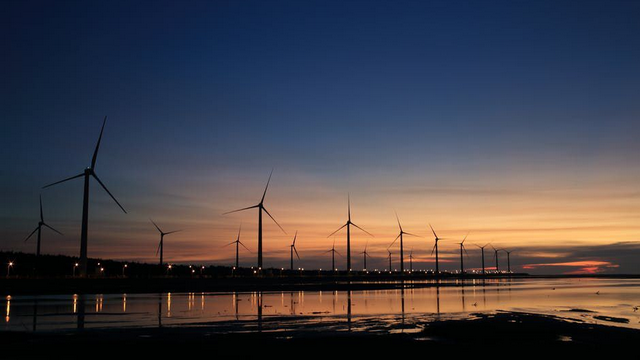
By Professor Owen Skae, Associate Professor and Director of Rhodes University Business School
Each team had to research why their energy sector was the best option for SA, taking into consideration the cost.
What is interesting is that every single team was able to make a compelling argument as to why their energy provision was the most cost effective and sustainable “best choice” over the short, medium, and long term.
It proved an important point about SA’s energy sector, where “best choice” has become a battle of who wields the most power and biggest budget, rather than what is best for the country and consumer.
It is, therefore, alarming to read of SMA Solar Technology’s imminent closure of a plant in Cape Town, which it opened in 2014. The reasons cited are the inconsistencies between policy announcements on renewable energy and the perceived commitment of the government to nuclear build.
In the government and Eskom’s view, nuclear is the cheapest form of electricity, yet every other energy and electricity provider can argue the same, just as the MBA students eloquently demonstrated.
What also came to light is that we seem to be focusing on the supply side, without adequately considering what the demand equation for electricity might look like in the future.
Leon Louw of the Free Market Foundation argues in his column that there is a correlation between electricity consumption and economic growth, and that if SA does not start generating huge amounts of electricity we are going to be in trouble.
In response, Dr Roger Silberberg says in a letter to Business Day on August 19 that traditional models of equating economic growth to electricity production are obsolete because the world is getting smarter and using electricity in far more energy-efficient ways. Hence the call for huge investment in nuclear, based on traditional-use projections, might not be properly considered.
As Silberberg points out, the rate of projected electricity use is now less than half the economic growth rate in the US because of the shifting of economies towards less energy-intensive industries or a mix of energy provisions.
When confronted with these complexities, the MBA students suggest that there is nothing more practical than a good theory, and one of these is to consider simple capital budgeting decision criteria:
- Whether the project is mutually exclusive or not — the automatic acceptance of one project leads to the immediate rejection of another/others;
- Whether the project is divisible or not — it can be scaled up or down; and
- The issue around risk and uncertainty when it comes to massive projects that require huge capital outlay.
Applying these to the energy options, the MBA students show that nuclear causes the most disquiet. Going with nuclear is a mutually exclusive option; it cannot be scaled down, and the risk/uncertainty criteria seem problematic. Selecting one big project, such as nuclear, also crowds out a lot of other smaller projects that might collectively lead to a better energy provision outcome.
I was intrigued to see an Old Mutual advertisement in March about responsible investing initiatives and its R14bn investment in renewable energy. Out of a total of 6,187.9MW of renewable energy in SA, Old Mutual’s R14bn investment is for 2,715MW. The biggest proportion of this is in solar (1,185MW) and wind (1,518MW).
The R14bn investment appears to follow good capital budgeting theory. These are projects that are not mutually exclusive, are divisible, and present us with a lot less risk and uncertainty.
My observation of the Waainek Wind Farm outside Grahamstown is that these turbines were up and running in no time and rotate continuously. The Cookhouse Wind Farm in the Eastern Cape, the largest in SA, has 66 turbines with a generating capacity of about 138.6MW. It has established the Cookhouse Wind Farm Community Trust, which holds 25% equity in the wind farm. Four rural communities — Cookhouse, Adelaide, Bedford, and Somerset East — will benefit considerably from this.
The trust’s education flagship initiative, for example, hosts academic support and leadership programmes for principals, teachers, and pupils at 28 local schools.
The MBA group all agree that while no form of energy provision is without its pros and cons, SA is at critical phase of its socioeconomic development and needs to use the opportunity to take stock of what is really good for the country, and we need far more public debate and transparency about the energy mix and energy future.
The Renewable Energy Independent Power Producer Procurement Programme has been hailed as a successful public-private partnership. Let’s continue to build on that. Or is that too much of a theoretical idea to achieve?
First published in Business Day on Wednesday, 24 August 2016.
